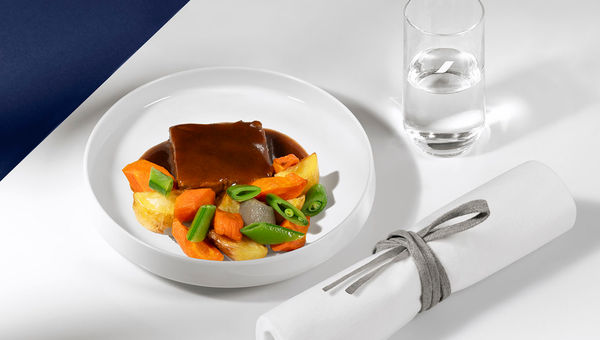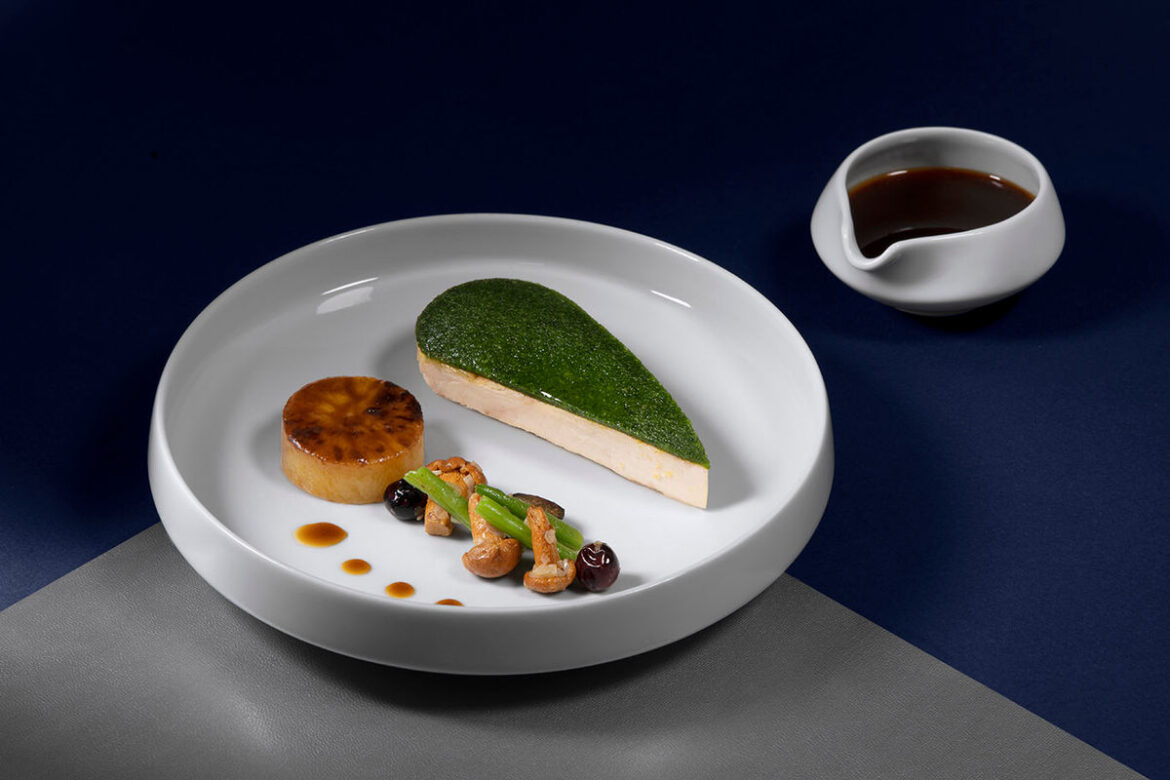Foodie travel is on the rise.
According to a recent Grand View Research report, culinary travel and shopping are the fastest-growing tour types globally, with a projected compound annual growth rate of 9.5% between 2025 and 2030. Marriott International’s New Luxe Landscapes report, meanwhile, notes that “88% of affluent travelers ranked the chance to discover new food or gourmet adventures as either ‘important’ or ‘very important.'”
It’s no wonder that travel advisors are finding sales opportunities by targeting this growing niche.
Hungry for new experiences
Increased demand for culinary travel is the result of several factors, according to Janet McLaughlin, a travel advisor at Envoyage. “International cooking and travel shows have played a big role in inspiring travelers,” she said. “Shows like Anthony Bourdain’s “No Reservations” proved that traveling for food isn’t just about eating well. It’s one of the most authentic ways to experience a culture.”
The World Food Travel Association’s recent survey backs up the connection between culinary travel and cultural immersion; 83% of respondents said that food and beverage experiences lead to a “lasting and positive impression of the destination.”
Culinary enthusiasts are booking various types of vacations, according to Duncan Greenfield-Turk, chief travel designer and CEO of Global Travel Moments. “I’ve seen a consistent rise in demand for culinary-focused travel, with food tours, immersive cookery experiences and hands-on opportunities with Michelin-starred chefs becoming an integral part of many itineraries,” he said. “Increasingly, travelers are looking for a personal connection to the cuisine, whether that’s joining a chef at a local market to select fresh produce or stepping into someone’s home to learn a treasured family recipe.”
Street food is also proving irresistible for some foodies, according to Devaki Das, luxury travel advisor at Weave a Thousand Journeys. “The one thing that is always top on the list for our clients is authentic street food tours,” she said. “I just launched a luxe small group tour to Thailand for 2026 and guess what is the first thing I arranged? A food tour of street food vendors [featured in] the Michelin guide on a tuk tuk!”
Jason Block, CEO of WorldVia Travel Group, concurred about the strong demand. “Food tours are incredibly popular because they offer a fun and interactive way to explore a city’s hidden gems and local neighborhoods,” he said, noting the popularity of other types of experiences as well. “Cooking classes are a favorite for travelers who want a hands-on experience, [and] tastings — such as wine, cheese or chocolate — are also highly sought after, and the least intimidating to jump into.”

Photo Credit: Courtesy of Air France
Taking foodie travel to the next level
According to the 2025 Hilton Trends Report, dining experiences are now the second-highest budget priority for travelers after accommodations, with 50% of survey respondents booking restaurants before flights.
Travel advisors looking to maximize the opportunities presented within this attractive niche should aim to elevate their clients’ experiences, according to McLaughlin. “It’s all about access and personalization,” she said. “I often recommend private cooking classes, chef-led market tours or exclusive winery visits so clients can really connect with local experts. For cruise travelers, I make sure they’re booked into the best dining packages so they can enjoy premium wines and specialty restaurants.”
Das agrees, stressing flexibility during the planning stage. “The most important thing is to know one’s audience and be flexible to tailor everything, so it’s a perfect fit for them,” she said. “We get very specific in our pre-tour surveys about our clients’ tastes, preferences and allergies when it comes to food and wine. We then work with local chefs to curate experiences for them based on what makes their heart go pitter patter.”
Susan Weissberg, president of Wyllys Professional Travel, an Ensemble agency, recommends vetting and previewing culinary activities personally. “I took my 14-year-old grandson on a truffle hunting experience, before I offered it to my clients,” she said. “We’ve been very successful with selling that experience. There is a huge demand for incorporating healthy, unique culinary experiences in custom-made travel itineraries.”
As Weissberg’s family trip proves, foodie experiences are appropriate for various age groups. Block named several demographics that are an ideal fit for foodie travel. “Millennials and Gen X travelers are the most adventurous when it comes to culinary experiences,” he said, adding that multigenerational families are increasingly booking culinary experiences, too, while solo travelers often appreciate the social settings of food-focused activities.
Greenfield-Turk often matches gastronomical activities with other niches. “Culinary travel appeals to a broad range of guests, from couples to families and multigenerational groups,” he said. “It often pairs beautifully with epicurean add-ons such as vineyard tours, olive grove visits and artisanal producers as well as city breaks and cultural immersions, from art and architecture to history.”
Cuisine in the air
When it comes to booking a culinary-oriented trip, even airline meals can be part of the decision-making process — at least for some people.
While Greenfield-Turk said that most of his clients choose airlines based on a combination of overall service, onboard experience, loyalty programs and air miles, the quality of inflight cuisine is “absolutely” a draw for some of McLaughlin’s clientele.
“For many food-focused travelers, the journey is part of the experience,” McLaughlin explained. “If an airline offers elevated inflight dining, curated wine lists or partnerships with well-known chefs, it can definitely sway their decision.”
Das agrees that not every airline meal is created equal. “Not to name names, but we all know that certain meals served in certain business and first-class routes on some airlines are borderline inedible. Depending on where my clients are going, I’ve been known to … steer them toward airlines with much higher culinary experiences.”
Block, meanwhile, notes clients interested in superior cuisine can be especially lucrative for travel advisors since they often spend more in the air and on the ground. “Foodies are more likely than other clients to splurge on premium cabins for the overall experience, including comfort and service, rather than just the food,” he said.


Dining and Cooking